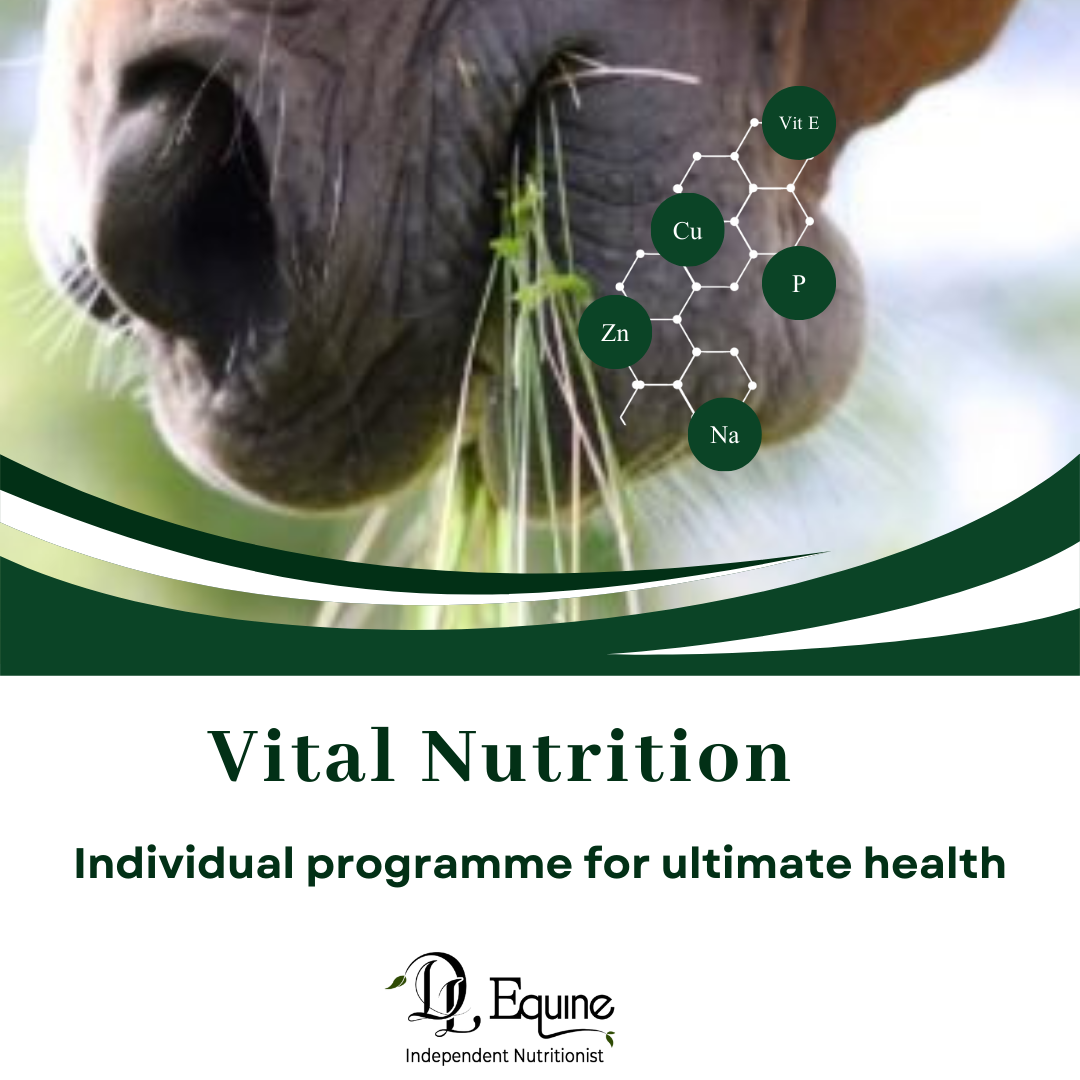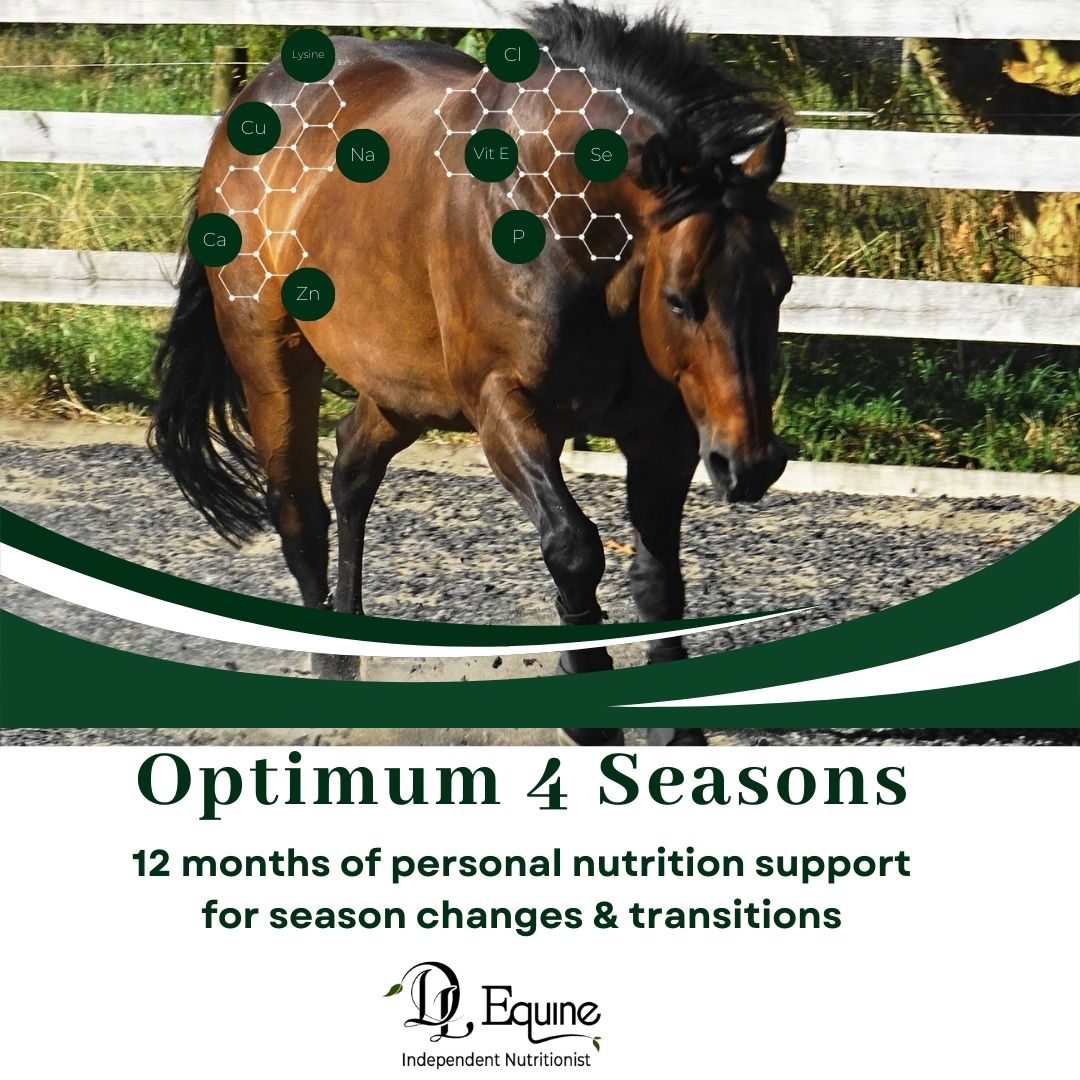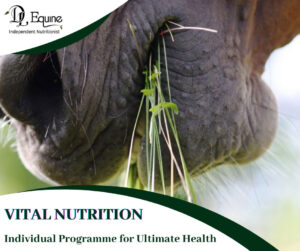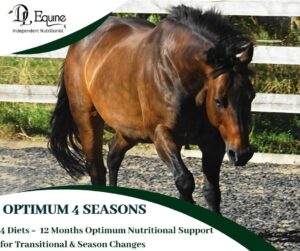| As it is the begining of January, as predicted our summer has brought increased temperatures! But of course heat and salt came to mind at this time of year for us horse owners. Currently I am seeing a lot of posts and questions about the need for salt in your horses feeds. And every year I see the trend of random assertions telling other horse owners to add large amounts of salt to their horse’s daily feeds, despite actual individual requirements or taking into account what may be coming from the rest of their diet. Blanket recommendations are often = ‘add 10 grams of salt per 100 kg of bodyweight’, however this doesn’t take into consideration a horse’s specific situation. I wanted to address this topic and put a little perspective on it for you – Firstly, yes horses need salt and they wont get enough from the pasture, especially when its hot. By salt I mean Sodium and Chloride. Sodium is one of the main electrolytes found in your horse’s body and is important for fluid balance and hydration. Sodium levels influence your horse’s drinking. From the National Research Council; the average 500kg horse at rest needs 10g of sodium and 40g of chloride on a cool day. Horses in moderate work require approximately 17.8g Sodium and 53.3g chloride per day, and horses with heavy or demanding workloads could potentially require up to 200g per day. Figures increase when the temperature increases. I believe we hit summer and people automatically (and correctly) start to think about their horse’s salt needs. However, what I see often is that people either don’t realise or they forget that pasture, hay, chaff, pellets, full feed and supplements being fed, well they probably ALL contain salt too. I previously worked at a supplement company and still formulate feeds from time to time and I can tell you salt is ALWAYS added. All you have to do is read the label and see the amount of sodium, chloride, and other electrolytes such as potassium and magnesium etc, to see the amounts. If I look at the average 500kg light working adult horse and calculate its requirements; based on my own pasture analysis, (NZ) eating hay, a mineral supplement and some chaff. Then he is already getting 110% of Sodium requirements and 155% of Chloride requirements. If I was to randomly add 10g per 100kg body weight on top of that (50g) that pushes this horse to over 240% of sodium requirements! If you start adding in more chaff or some manufactured feed on top of that the figure is out of the ball park! Is this a problem? In short it can be yes! The first issue may be your horse wont like the taste of soo much salt in their feed. The second thing is that as so many horses have gut ulcers and all that salt is going to irritate the gut and then you’ve got a horse that wont eat. Not ideal. The next problem will be directly affecting those special gut microbes and in some cases potentially killing them off = more issues for the gut! So think very carefully before dumping too much salt into your horses feed. How much work is he actually doing? What else are you feeding that will contribute to his salt load? What is the temperature today? I can calculate your horses diet, and therefore salt levels, accurately, in a DL Equine nutrition programme. Lets get the diet balanced correctly. My other recommendation is to put out a bucket in the paddock and put some free choice loose plain salt in it. No added extras. (I particularly like loose salt as opposed to a block as some horses find it hard to continually lick a block as their tongues just aren’t made for this like a cow, also its really hard to find a slat block with just plain sodium and chloride and not a whole lot of extra minerals that will unbalance the diet) Horses will self-regulate their salt needs, so if they need extra you will see them lick up that salt in the paddock/ yard. Unlike sugar, where like me, they have no off button! Take care, see you when the sun comes out again! |
January 6






